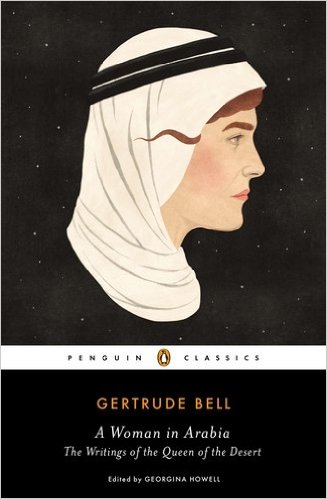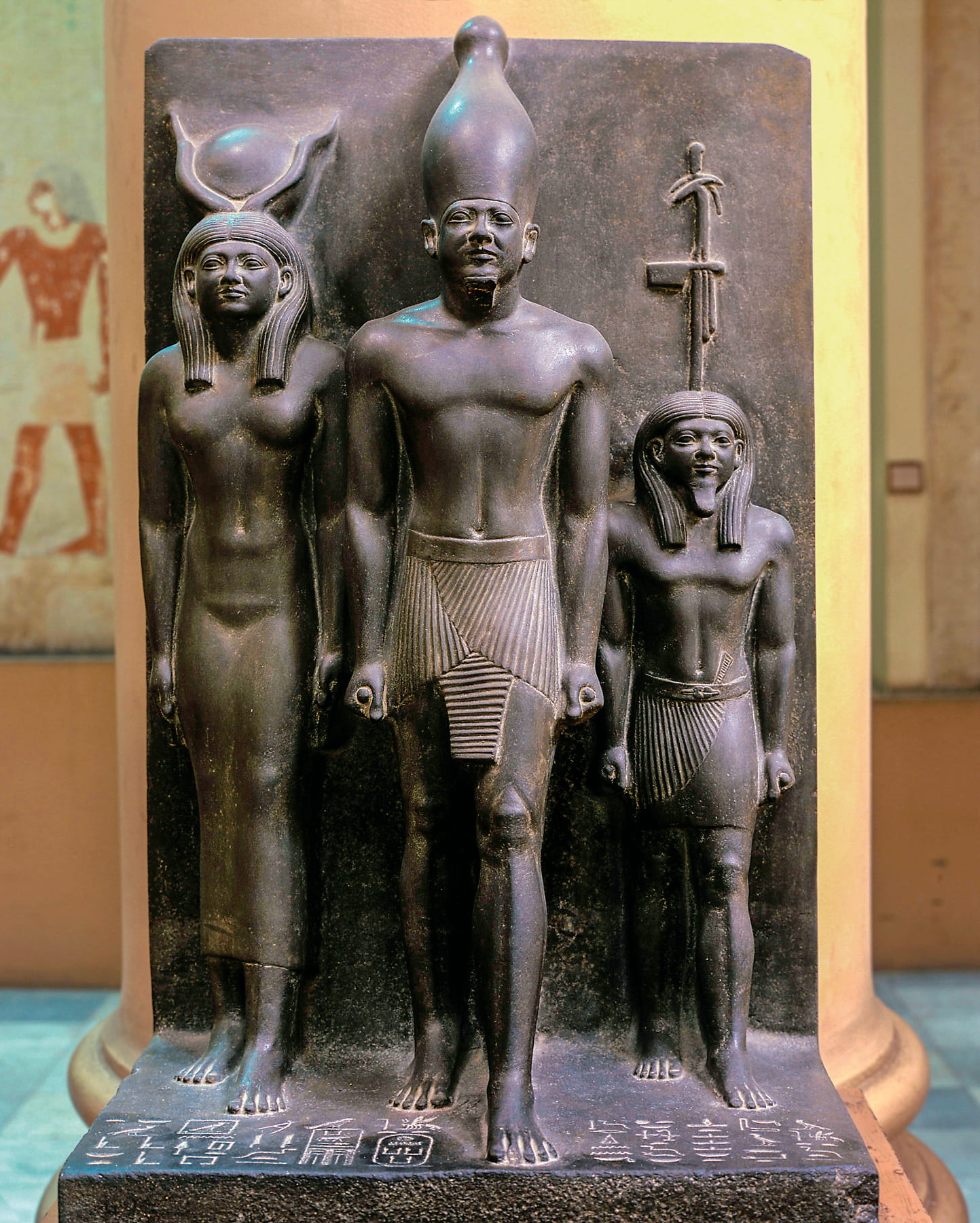
A Woman In Arabia: The Writings of the Queen of the Desert
William Tracy
Gertrude Bell. Georgina Howell, ed.
2015, Penguin Classics, 978-0-14310-737-8, $17, pb.
These neatly assembled excerpts writings from Gertrude Bell’s remarkable Middle Eastern diaries and almost daily letters to parents and friends highlight the career of an exceptional traveler-diplomat-intelligence officer who excelled in a male-dominated world. Born into a wealthy British family in 1858, Bell studied history at Oxford University. She mastered mountaineering, photography, mapmaking, archeology and six languages before embarking in 1892 on travel throughout the Middle East—much of it by horse and camel—that occupied the rest of her life. Bell’s political dispatches to the British government and military during World War I provided the detailed knowledge of desert wells and complex tribal alliances that helped defeat Ottoman forces in the region. Her acquaintance with rulers there gave her advice even more weight. At the war’s conclusion, she was instrumental in establishing the states of Transjordan and Iraq and the coronation of their first kings, then in establishing the Iraq Museum. Bell died in Baghdad in 1926, two days short of her 58th birthday.
You may also be interested in...

Book ‘s Take on Mangos Serves Up a Curious Mix of Food and History
Constance L. Kirker and Mary Newman trace mango’s cultural and culinary significance around the world.
The Legacy of Egyptologist George Reisner—Our Book Review
When George Reisner died in 1942, he did so surrounded by ghosts—not just the pharaohs he’d unearthed but the stacks of unpublished notes that entombed his legacy.